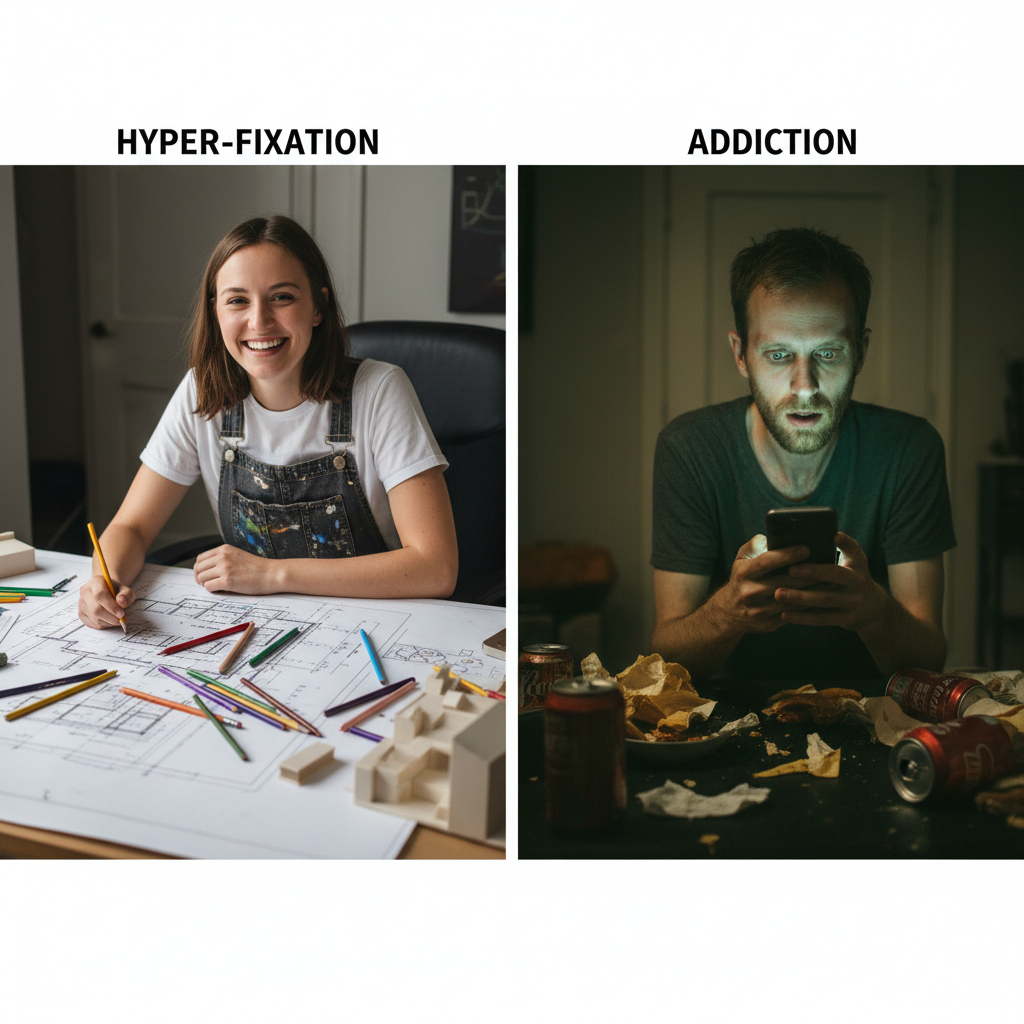Toxic Relationships in Recovery
Recovery from addiction or getting through a tough stretch brings a lot of changes, some exciting, some surprising, and others that might really catch you off guard. One thing I wasn’t totally ready for in my own recovery was just how much relationships influence staying on a good path. Learning how to spot toxic relationships, … Read more









